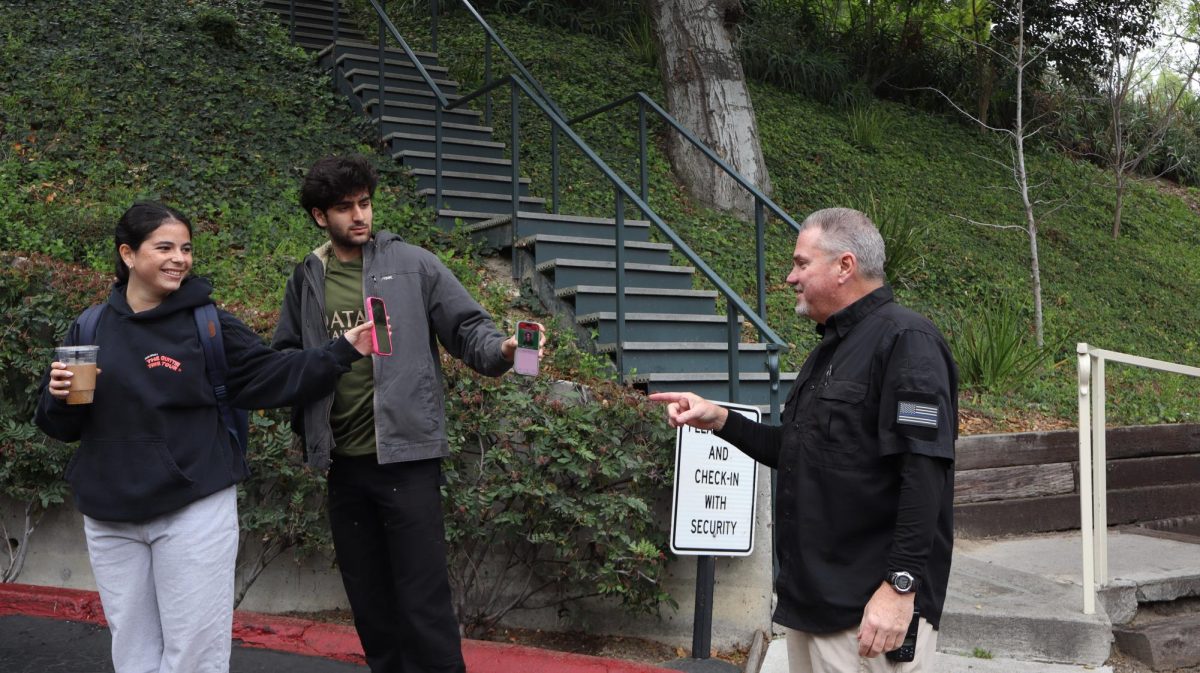Daniel Singer ’17 released his first commercially published app, ‘BackDoor’, in the iOS AppStore July 24. BackDoor allows friends to anonymously message each other, sharing ideas and feelings without the need to identify themselves.
The goal of the app is for users to find out who they are conversing with. Since the app draws from the user’s friend list on FaceBook, conversations cannot occur between total strangers. Users are also able to purchase “clues” to find out more about their anonymous contacts.
Singer taught himself how to create apps three years ago, mostly through experimentation and tutorials. Since then, he moved on to co-found the social network YouTell, a similar service with over two million members that allows users to ask a question while friends answer anonymously. Soon this website gave Singer and fellow developers, who wish to remain anonymous, ideas for creating a new app, which would later be known as BackDoor.
“We were having a meeting when I discovered that when you receive a feedback you want to reply to that feedback, and when you get a reply to that you reply back,” Singer said. “That started to sound a lot like a conversation. So I began making plans with my team to begin building an iOS app.”
The popularity of YouTell and the release of BackDoor earned Singer an interview in local television station KTLA, where he talked about the development of the app, “I was happy because I watch that channel and it was exciting to be part of the news that I watch,” Singer said.
He also addressed potential problems such as cyber-bullying. Singer reasoned that the people who take part in cyber bullying want an audience, but with BackDoor, the conversation is personal, reducing the chances of bullying.
BackDoor took about four months to develop. Singer created the app along with the developers that contributed in YouTell. So far the app is only available for users with an iPhone or iTouch, but developments are being made to expand onto other devices as well.






























